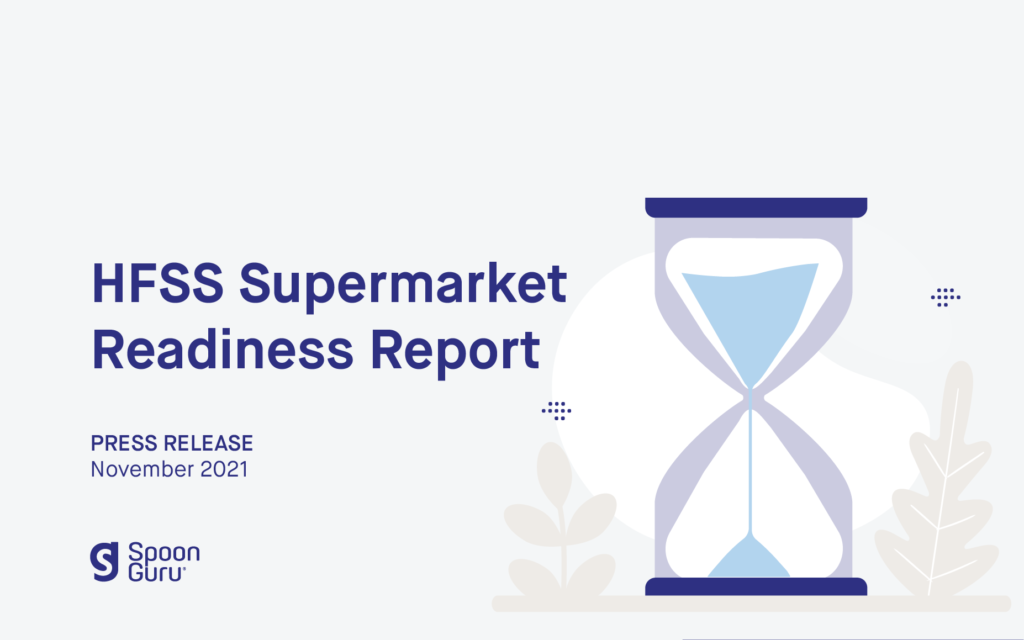Retailers are under constant pressure to diversify and emphasise their product offering through a health lens. However, differentiating “healthier” products is highly complex, requiring data-led nutrition and demanding attention from regulatory framework, nutritional guidelines, and product label knowledge.
Feature Posts
One of the most important aspects of a food retailer’s site is its search functionality. Without a robust system in place, you inhibit your customers’ ability to shop for the products they need. With the correct indexing customers can find what they’re looking for with ease.
When it comes to food shopping online, consumers depend on precise product information to make informed choices, especially concerning dietary needs and allergies. However, inaccurate data can lead to mislabeled products and incorrect search results, adversely affecting customer experience and safety.
Learn how Spoon Guru’s health-based segmentation empowers retailers to deliver highly personalized omnichannel experiences that drive customer loyalty, satisfaction, and healthier shopping habits by aligning with individual dietary preferences and restrictions. This is the final instalment of our 3-part blog series on personalization.
In the second of our personalization series, discover how Spoon Guru’s health-based segmentation helps retailers gain deeper insights into customer dietary habits, enabling them to deliver tailored experiences, foster loyalty, and encourage healthier purchasing behaviors. This is the second in our 3-part blog series on personalization.
Spoon Guru has partnered with US supermarket chain Schnuck Markets, Inc. to develop and launch an exclusive, new healthy eating platform. Good For You helps customers make healthy choices by using a set of nutrition guidelines to identify products, such as fruits, vegetables, lean proteins and whole grains and low in added sugar and saturated fat, to help shoppers eat, feel, and live healthier.
87 per cent of top UK supermarkets surveyed have called for an extension of up to six months or more to the current delay on the new HFSS legislation.






